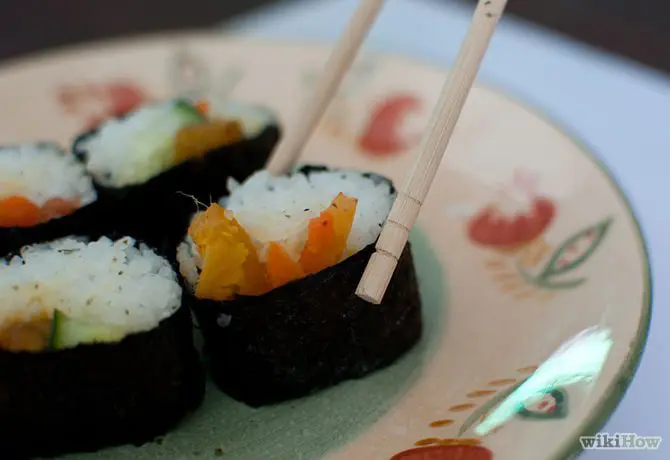There are some weird customs around the world that may surprise you and we’ve listed a few unusual customs that might be good to know for your next international trip.
1. Avoid Giving Certain Flowers in Russia

Be careful when presenting flowers to a friend or business associate in Russia. Yellow blooms signify deceit or a relationship break-up. And skip red carnations, too. Traditionally, red carnations are placed on the graves of the dead, or are offered to surviving war veterans
2. Don’t Expect a Thank You Card for These Gifts in China
Clocks, handkerchiefs, straw sandals and flowers are all associated with death and funerals in China. Deemed inappropriate and morbid, you’ll risk damaging the relationship if you present these gifts – for any occasion – to someone in China.
3. Skip the Salt in Egypt
When tucking into a meal in Egypt, by-pass the saltshaker. It’s insulting to your host to sprinkle salt on your food. If you have to season your plate, it means that you find the meal’s taste repulsive.
4. Don’t Show Up On Time in Venezuela
Who needs a watch? Here’s one place where being early or on time is viewed as being rude. In Venezuela if you are invited over to someone’s home for a meal, it’s recommended that you arrive 10 to 15 later than the requested time. Early or on time guests are viewed as being too eager, even greedy.
5. Always Use a Knife and Fork in Norway

In Norway, table manners are extremely important. Most meals – including sandwiches – are eaten using utensils.
6. Send Your Tooth to the Roof in Greece
Children in Greece don’t expect the Tooth Fairy to cough up money in exchange for a lost tooth.
Instead, Greek kids toss their discarded baby teeth onto the roof of their home. This custom is meant to bring good luck and a healthy replacement tooth.
7. Don’t Clink and Drink in Hungary

Clinking glasses and swigging beer is a scene played out of many pubs around the world, but don’t expect to see such merriment in Hungary.
This old custom dates back to the 1849 war with Austria. After defeating Hungarian forces and savagely killing thirteen of their military’s leaders, Austrian generals were celebrating by smugly clinking glasses and drinking beer.
While consuming beer was never forbidden, Hungarians did pledge to refrain from clinking glasses for a period of 150 years. Today, this custom is still followed in certain circles despite the expiry of the 150-year vow.
8. Skip the Tab in Turkey
When doing business in Turkey, it’s the custom for your host to pay for your meal. Requests to split the bill will be viewed as a polite gesture, but won’t be accepted. If you would like to pay your fair share, Turks recommend inviting your host to a follow-up meal. At that time, you can reciprocate and extend the same courtesies that were offered to you.
9. Mind Your Chopsticks in Japan

Japan is a very polite nation, and their fondness for etiquette extends to the mealtime use of chopsticks. According to Japanese customs, it’s considered ill mannered to point, play with, or stab food with chopsticks. If you’re in the middle of eating, use the opposite end of your chopsticks to secure food from a shared plate. Using the end that touches your mouth is extremely offensive, not to mention unhygienic.
10. Red Equals Dead in Korea
Writing a lot of cards or notes while visiting South Korea? Be mindful of your pen’s ink colour. Scrawling a person’s name in red ink traditionally signifies that the person is deceased – an important point to remember when giving a birthday card.





